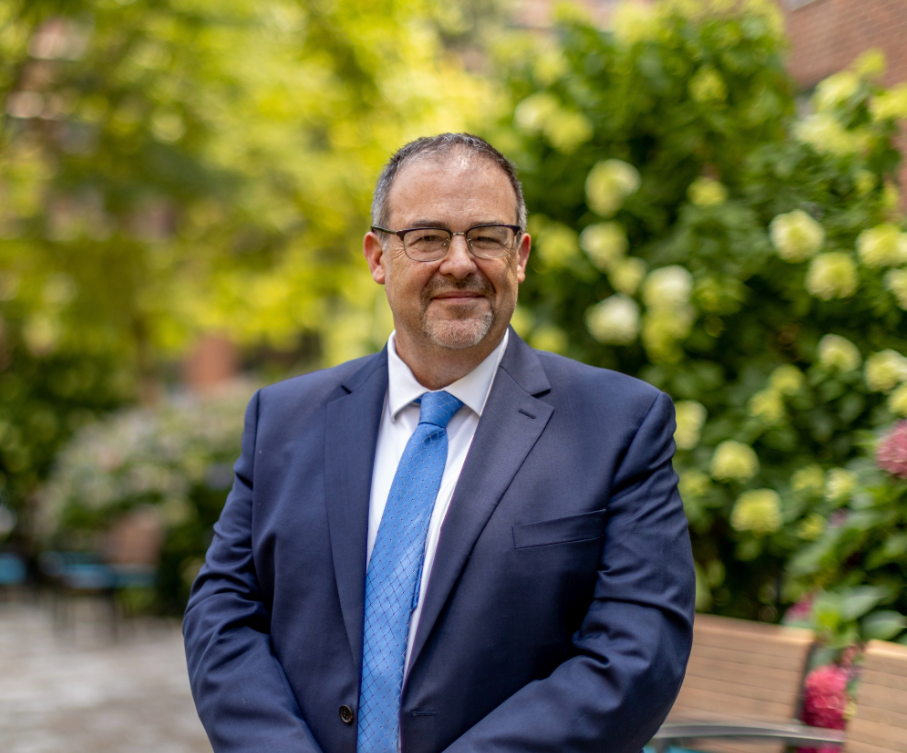The coach of the Prospect Park Track Club in Brooklyn competed in his second and probably his last New York City Marathon. He will stick with the shorter distance events.
Originally from Kingston, Jamaica, where he attended high school, and later went on to Miami Dade Community College in Florida, 52-year-old Anthony Watson competed in the 2004 New York City Marathon when he was timed in 3 hours 38 minutes. During the race, he suffered hip and muscle problems. He continued on and finished the course with a lot of pain. Finishing was his main objective.
Recently, on a sunny, cool Sunday with hardly any wind, and an ideal morning and early afternoon for a long run, Watson tried it again after a six-year absence from this grind. He completed the course in a time of 3 hours 38 minutes and .41seconds..
“I wasn’t really satisfied with the 3:38,” Watson said. “I wasn’t going for time and wasn’t going for any thing phenomenal, but I knew I can do better than 3:38. It just happened! I got cramped up at mile 22 on First Avenue in Manhattan. I had to stop and stretch and at mile 24 in the Bronx again, I had to stop and stretch.”
The New York City Marathon was divided into different categories with the men going into three waves.
Watson competed in the second wave for men, with the first one exclusively for the elite runners.
Gabre Gebremarian of Ethopia won the marathon in 2:08.14 in his very first time in such a race in New York. In fact, he had never before run in a marathon, and in a race, he usually relies on a strong finish. The latter’s strategy paid off and his debut was an extreme success.
“I believe that there were too many runners (45,000 entrants) in the race, including too many in each wave,” Watson continued. “I couldn’t get out. If you wanted to run a seven minute mile, there was no way you could do so, because it was just too crowded. There was no way to go.
“I think there should be more waves-maybe two or three more. The elite runners are in one wave and they get priority.
“From the Verrazano Bridge up until half way into the race, it was fine. Some people shouldn’t have been in that wave and they were. It was difficult to get out. Going into mile 22 I started to slow down.”
But he finished. That was important.
Last Sunday marked his second ever appearance in a marathon.
“Since I had so many, 35, students who I coach in the marathon, I decided to run,” he said. “I think we have over 400 members in our club. I had two girls who each ran a 3:08-Helen Doyle and Sara Scott.”
Watson, who will not run in a marathon again, sometimes has to take a page from a book. His distances are the mile and 5000 meters.
“This is not my distance,” Watson insisted. “For me to run it the way I want to I would not work and (instead) just train and that’s not going to happen. Training was very hard for me.”
Watson, who works as a manager for a car rental service, got up at 4:30 in the mornings, put in eight mile runs, and came back at 6:00-7:00 in the evenings after work and do another four, five miles.
“I did a lot of long runs and a lot of hill work….,” he went on. “It was hard. I do all my work in Prospect Park. Sometimes I would go to the Red Hook track for speed work outs. With the winter coming up in a couple of weeks, my training will change. To finish was my goal.
“Marathon running requires a lot of patience and training,. First….to be a marathoner a person must do this necessary work and training. The elite marathoners put in 120 to 130 miles a week.
“For me I did 54 miles a week. It was hard and it’s difficult when you don’t have the time to train the way I want to train.”
Watson started his running career at the young age of eight in Jamaica, with his main specialty being the 1500 meters.
“Early in my running career, I met Dr. Arthur Wyatt, who was on the Helsinki team that defeated the United States in the 4×400 meter relay,” he recalled. “After he gave me a pep talk I never stopped running. I increased my intensity to work and my time required me to be a successful runner.”
Watson feels that he still has ‘it’ (the ability to run). He has to go out and do the training, but not for a marathon. During the winter he expects to enter into indoor races, and do what it takes to run again.
“My goal now is to run the mile in under five minutes,” the resident of Brooklyn said during a gathering of club members at PS 87 in Manhattan, not far from the finish line last Sunday.
For his immediate concern is to run in the Prospect Park Thanksgiving Day race in the morning.
“(Overall,) we had a great turnout in the New York City Marathon, and everybody enjoyed themselves,” Prospect Park Track Club President Tom Meany said. “People had a great time. Some 70 members signed up for the race.”





















